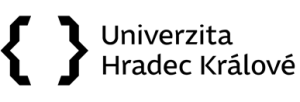The course starts with an analysis of the theoretical interpretations of the emergence and development of welfare state - the so called supply-side and demand-side theories. The subject examines the historical context of the emergence of welfare state from the perspective of major (political) ideologies of welfare. The contemporary relevant ideologies of welfare (social welfare) will be examined on the basis of the previously defined main characteristics of the ideology and the criteria of the ideology's significance. The teacher will go through traditional ideologies of welfare - liberalism, Marxism, and also late-modern ideologies of welfare - feminism, ideology of the Greens, and contemporary ideology of social democracy. All ideologies will be mentioned with regard to the interpretation of the emergence and current development of welfare state.
Great attention will also be paid to the current situation of welfare state, i.e. the process of its modernization, flexibilization of labour, and other current development tendencies (recalibration, recomodification,?). All this is on the basis of the previous more thorough studies of the mutual relation between the market, State, and civil sector within the so-called triangle of affluence.
Syllabus:
Theory of Welfare State
Ideology of Welfare
Ideology of the New Right Wing, the Centre Ways and Democratic Socialism
Ideology of Marxism, Feminism and Greenism
New Social Risks and Modernization of Welfare State - the main types of contemporary reforms
In case of need the lessons may be organised in distant form using ICT.
- Teacher: Martin Smutek
